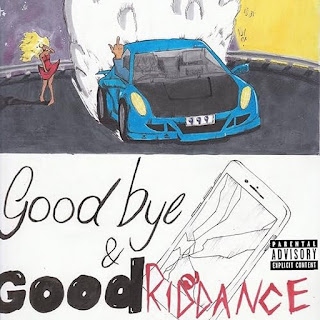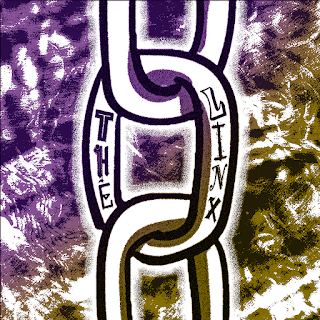In 2016 the mainstream rap world seemed poised for a facelift. Soundcloud 2.0's entry to the zeitgeist can be much debated. Was it "Look At Me!"? Was it "Money Longer"? Maybe it was "No Flockin'". If you want to really trace it back it could be "U Guessed It". Dozens of teen rappers, singers and hybrids of the two worlds alike flooded the marketplace. It was the harshest break between generations rap had ever experienced, a raw jolt that forced fans and artists to reevaluate the genres values as a whole. They were easy to make fun of. They spoke in text messages with the autocorrect turned off. Colored hair, poorly placed tattoos, androgynous fashion choices. So many kids woke up one morning to labels breaking down their doors with millions of dollars to burn and the responsibilities of a grown adult thrust upon them. With all the money in the world they were still teens with teen problems. While the biggest acts like Lil Uzi Vert and Lil Yachty aimed to be called anything but a rapper, Juice WRLD actually became the closest to rock stars of old. It was the typical cocktail; a lightspeed ascent up the charts, songwriting that showed immense vulnerability and a rudimentary understanding of how to handle such emotions, and a promising life ended 50 years earlier than the average human lifespan. Regardless of when the door opened, Juice's death was the moment it slamming shut.
 |
| Juice WRLD in studio 2019 |
Goodbye & Good Riddance in retrospect is the first major label excursion into emo rap, hip-hop's 20 years too late answer to pop punk. It’s painfully monotonous in subject matter, never getting more complicated than “boo hoo my girl hurt me, time to use drugs to feel better”, but that’s the whole point. Misery as an emotion bludgeons you to the edge, and when you’re young you don’t know how to cope in any healthy ways. He's not the first in rap by far to "heal" in unhealthy ways. Scarface, DMX and Prodigy masked their pain with machismo and substance abuse of their own desire. Gucci Mane and Chief Keef drowned themselves in lean to mute their own paranoia. Access to therapy or having emotionally intuitive parents isn’t a given for everyone, and Juice’s story was relatable to millions in that way. The word cloud was small, but the effectiveness was unquestionable. The disparity between him and the forced hollowness of other melodic Soundcloud rap-singers like Post Malone and Trippie Redd is still striking all these years later. More than the realities that leaked from his sing-songy raps what separated him was his one-of-one melodic instinct. Looking to be as sonically pristine as the pop stars of the moment, Juice copied what worked best; earworm melodies, inoffensive production, simple emotionally charged lyrics. There were no playlist baiting experiments into traditional hip-hop or dance music. For 15 tracks (maybe 16 or 18 or 20 depending on what version your streaming service of choice holds) you’re dropped onto the shoulder of a kid every parent is nervous that their own child will become. One who recklessly chases highs through sex and drugs, explosive with outbursts of frustration, and rarely reflective on how they may be the root of their problems after all.
 |
| XXXTentacion & Juice Wrld |
Producers who saw his process first hand now gush at his ability to do such sonic alchemy, freestyling these full formed records within a moments notice. Peers like Ski Mask The Slump God and G Herbo sing his praises as a king of his craft. Legends of old from Eminem to Lil Wayne acknowledged him as a special talent. Experiencing an overdose on a private jet in his hometown of Chicago was how Juice spent his last moments on Earth, a scenario he’d alluded to over dozens of songs. Millions of fans to this day mourn their death and wonder what could have been for an entire generation of artists. Goodbye lives on as his best fully fledge gift to the Earth, a polished ball of hormones that moody teenagers will cling to for an eternity.







No comments:
Post a Comment